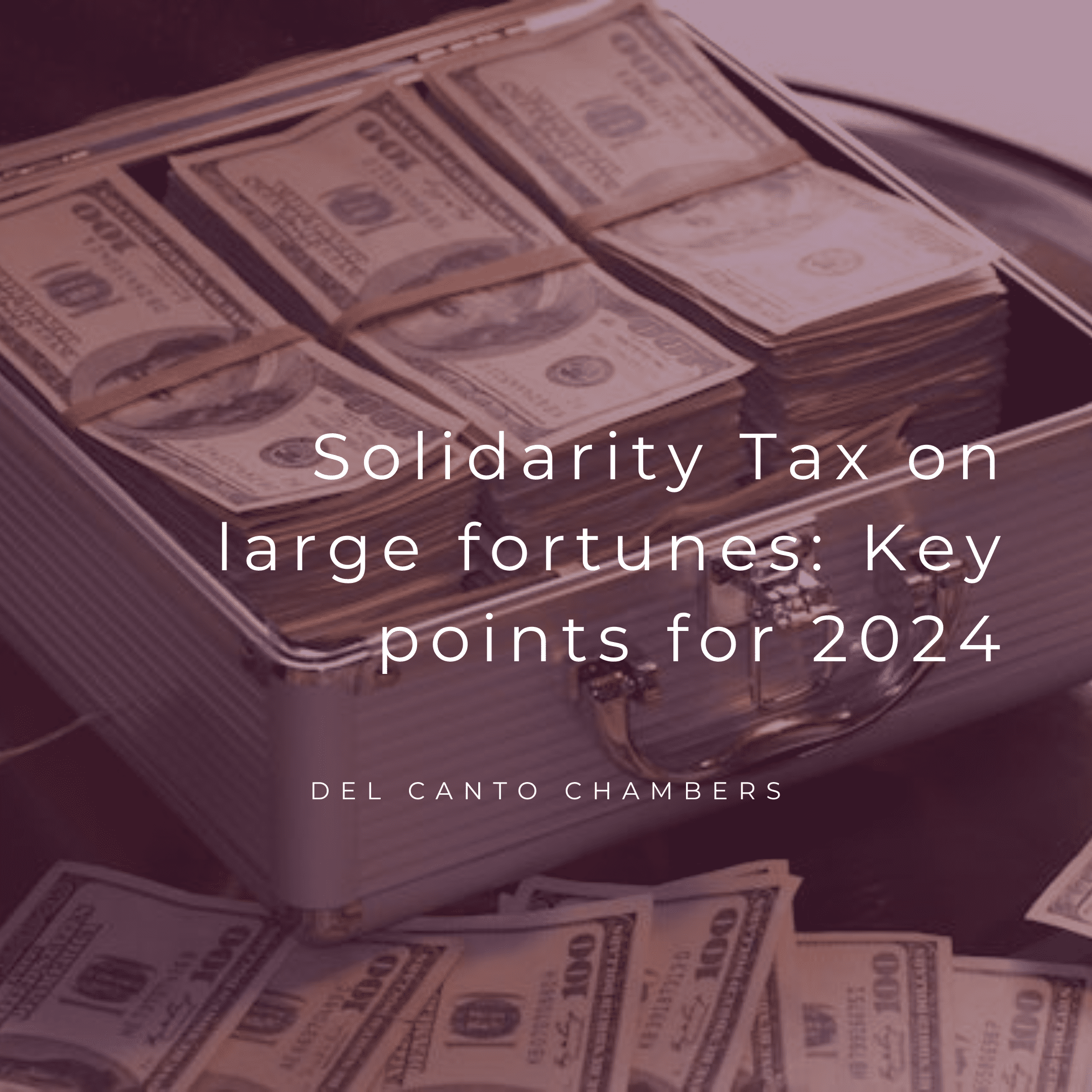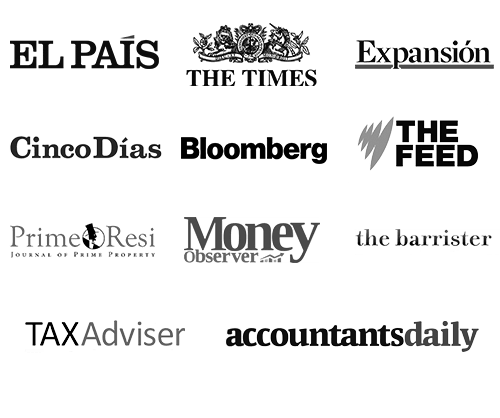PAST:
The Federation for self-employed workers (ATA) had long called for an ambitious reform of the self-employed statute for recovering a very punished sector. According to its president, 2 out of 3 had to withdraw from the system as a consequence of the economical crisis.
Ambitious or not, You may judge. The expected and urgent proposal for reforming the bill of self-employed workers came to light last June 28 of 2017, which sets the foundation stone for self-employed workers to be more competitive in their businesses and to have a serie of rights that until now were denied to them. The most relevant part according to ATA, is that 3 out of 4 will be able to adjust their expenses to their income. So far, even if a self-employed person had a negative month in his accounts, they would have to pay a fixed National Insurance Fee (NI), as high as unfair in relation to his income.
PRESENT:
This bill contains 20 exact measures, however, some of them will only affect new freelancers, while others are a recovery of rights that were lost in recent years. These measures seek to recover and motivate a sector of more than 3 million workers, more than 27% of employment in the country.
Of these propositions for reforming, we highlight:
The flat rate of 50 Euros is extended from 6 months to 1 year, from the month 13 and up to the 18, the deduction will be 50% of the bonus, and from the month 19 up to 2 years, the deduction is 30%. This measure will affect to new self-employed workers. The majority of these self-employed will continue paying regular and very high quotas. There is also a reduction to 2 years (before the new law, the period was 5 years) that a person has to wait since stopped being a self-employed worker to re-start again and benefit from this flat rate.
Maternity, paternity and adoption are subsidized, those self-employed workers who take a leave period due to maternity, paternity, adoption or health risk during pregnancy, will enjoy a 100% bonus in the NI quota for common contingencies upon re-joining the professional activity and during the two years following the date of birth; for a period of twelve months. If a self-employed needs to hire a worker while on leave, her/his quota will also be 100% subsidized.
Registering and Leaving RETA (Special Scheme for freelance workers)
Up to now, a freelance worker would pay a full month National Insurance Quota, even if she/he worked less time that a month. With the reform, the quota payment will be proportioned to the worked periods, but only three times per year; as it would be allowed to register or deregister from the self-employed scheme up to three times per year.
Deduction of expenses when working from home, self-employed who work from home can deduct part of their expenses as water, gas, electricity, telephony and Internet bills.
The new rule establishes that the self-employed may deduct “the percentage resulting from applying 30% to the existing ratio of square meters of the house allocated to the work activity within the total area, unless a higher or lower percentage is tested”. For instance, if a freelancer uses for work 30 square meters of her house of 100 square meters, she can deduct the equivalent to 30% of supplies bills of those 30 metres that are used for economic activity. That is, 9% of supplies invoices will be tax deductible.
Change of contribution base, the contribution bases can be changed up to four times in the same year. Currently NI allows changing the base twice a year. As the very nature of self-employment makes the salary very variable throughout the year, the objective of this measure is to be able to adjust the contribution to the income, thus ensuring the pensions.
Reduction of the surcharge for non-payment of fees, NI payment delays will no be longer sanctioned with 20% of the quota, but will decrease to 10% in the first month. This measure was already taken before 2012, so it is just getting back a right that was lost.
FUTURE
Some of these measures will be effective at the beginning of 2018 and although they offer a small relief from the heavy burden and economic risk of self-employed workers, there is still a long way to go. This sector continues demanding fair and progressive quotas calculated according to incomes (25% of self-employed earn less than 900 Euros per month and have to pay a third of their salary in the social security NI contribution). To this effect, the ATA has recently requested a reform of the RETA (Self-employed Statute Law) that implies to pay a super-reduced rate in addition to a greater social protection and fewer administrative obligations.
Much needs to be done ….
From Del Canto Chambers, we advise and offer our services to foreigners who decide to become tax residents and carry their businesses from our country, many of them as independent freelancers.
Eva Maria De Francisco
Project Manager
Del Canto Chambers





